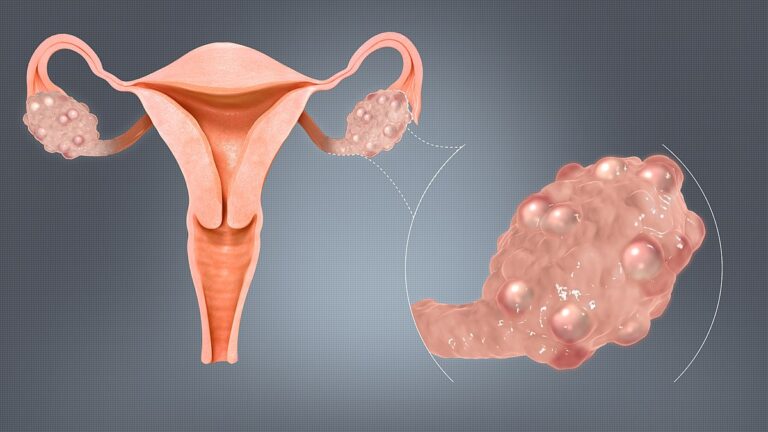Infertility
Infertility
Infertility is a condition where you cannot get pregnant after one year of trying to conceive. In women, cause of infertility can include endometriosis, uterine fibroids and thyroid disease. Men with fertility problems may have a low sperm count or low testosterone. The risk of infertility increases as you age.

- Risk factors for all genders
- Risk factors in female
- Risk factors in Male
- Age (over age 35 for women or over 40 for men).
Diabetes. - Eating disorders, including anorexia nervosa and bulimia.
- Excessive alcohol use.
- Exposure to environmental toxins, such as lead and pesticides.
- Over exercising.
- Radiation therapy or other cancer treatments.
- Sexually transmitted diseases (STDs).
- Smoking.
- Stress.
- Substance abuse.
- Weight problems (obesity or underweight).
- Abnormal menstruation.
- Blocked fallopian tubes.
- Celiac disease.
- Kidney disease.
- Past ectopic (tubal) pregnancy.
- Pelvic inflammatory disease.
- Pituitary gland disorders, such as Cushing’s syndrome.
- Polycystic ovary syndrome (PCOS), ovarian cysts and primary ovarian insufficiency.
- Sickle cell anemia.
- Uterine problems, including endometriosis, uterine fibroids and uterine polyps.
- Thyroid disease.
- Enlarged veins (varicocele) in the scrotum, the sac that holds the testicles.
- Genetic disorders, such as cystic fibrosis.
- High heat exposure to testicles from tight clothing or frequent use of hot tubs and saunas.
- Injury to the scrotum or testicles.
- Low sperm count or low testosterone (hypogonadism).
- Misuse of anabolic steroids.
- Premature ejaculation or retrograde ejaculation (semen flows back into the bladder).
- Testicular cancer and treatments.
- Undescended testicles.
